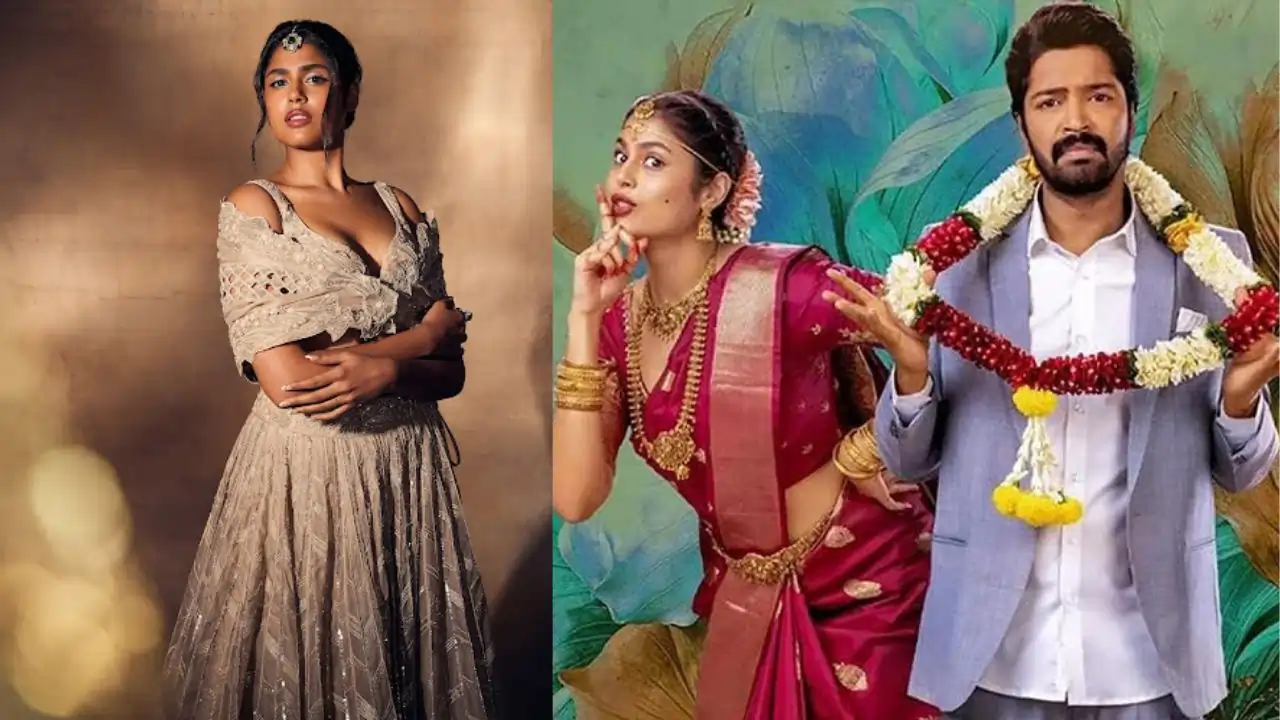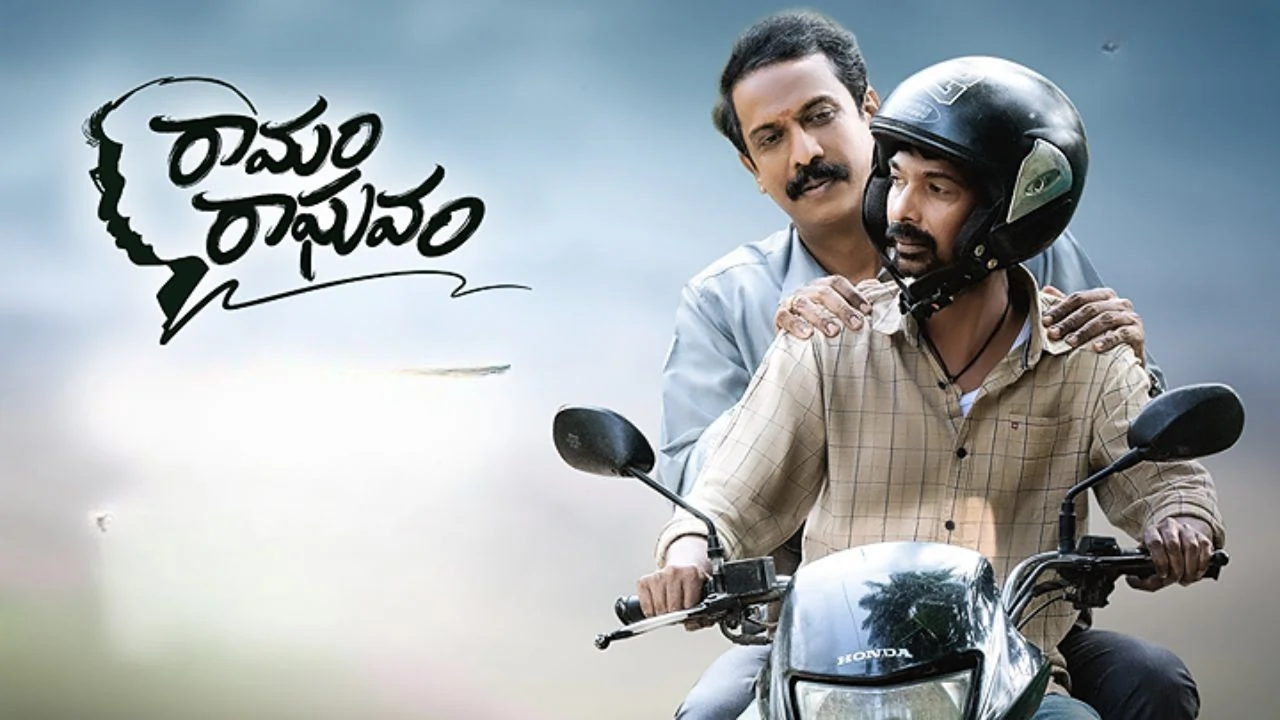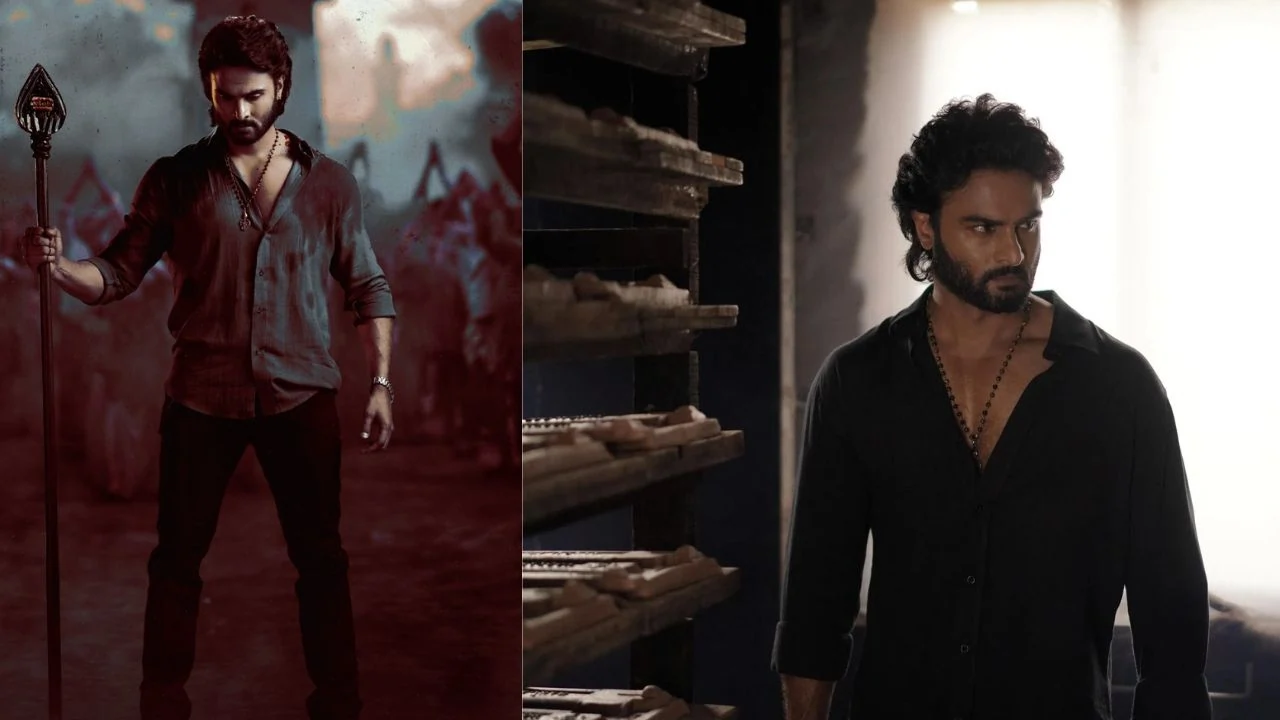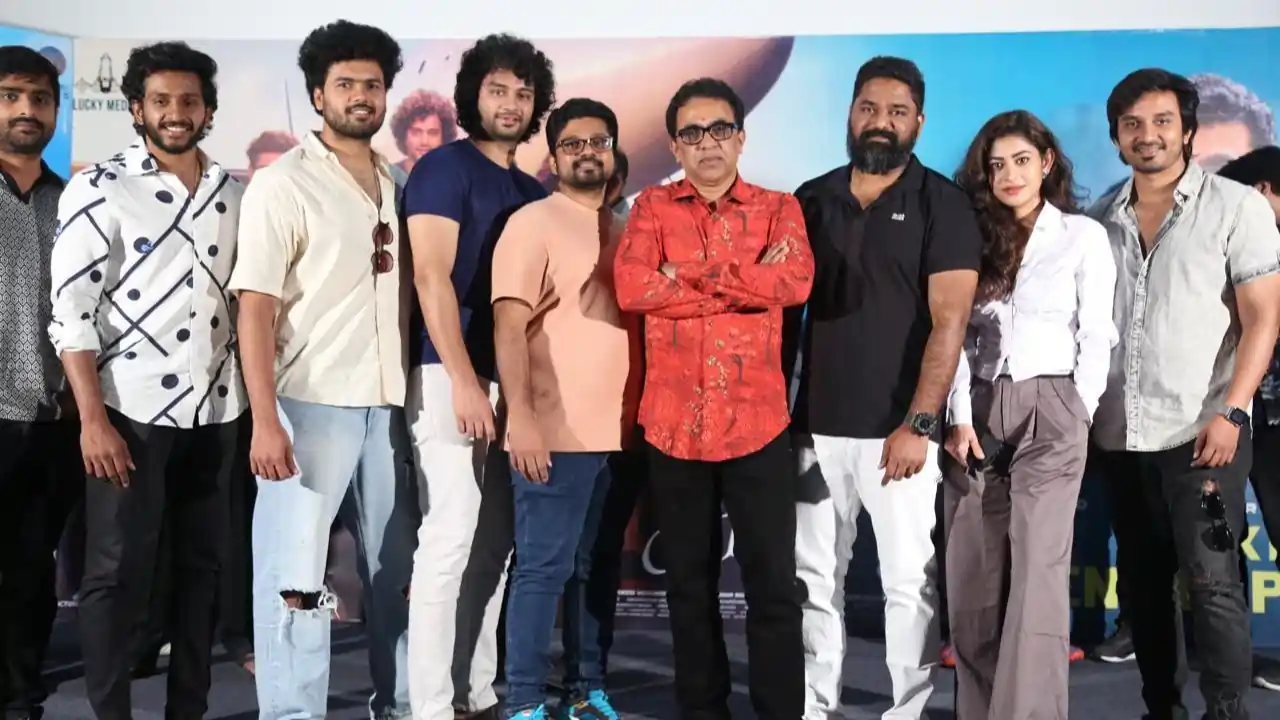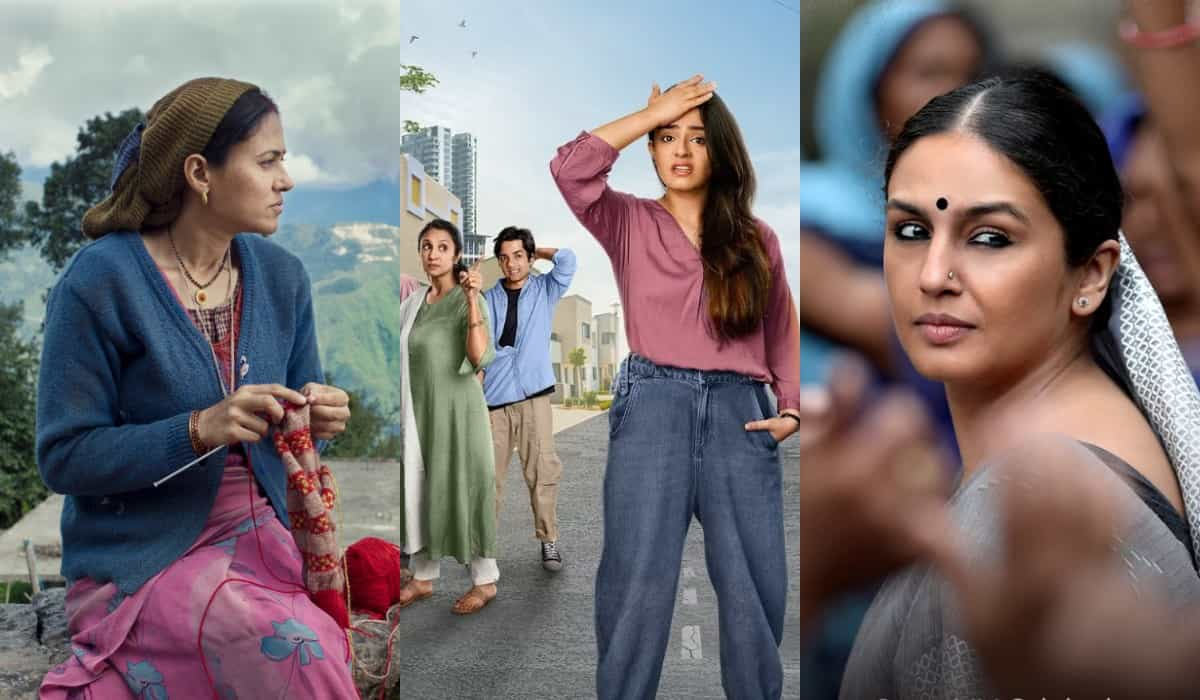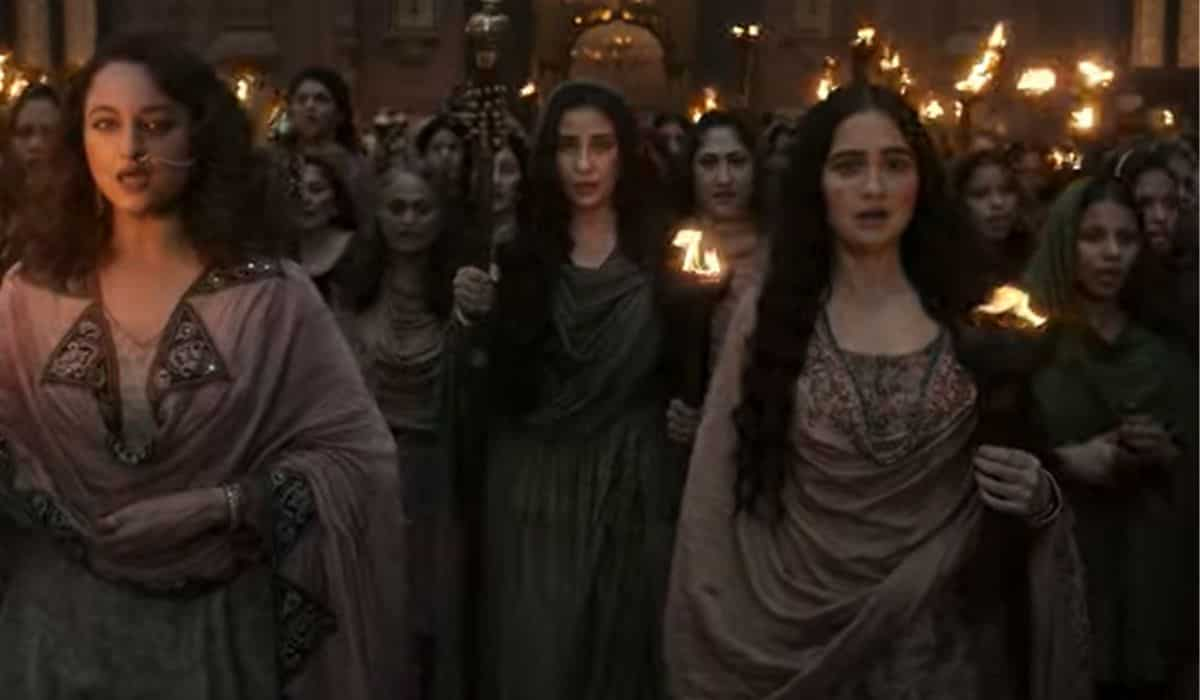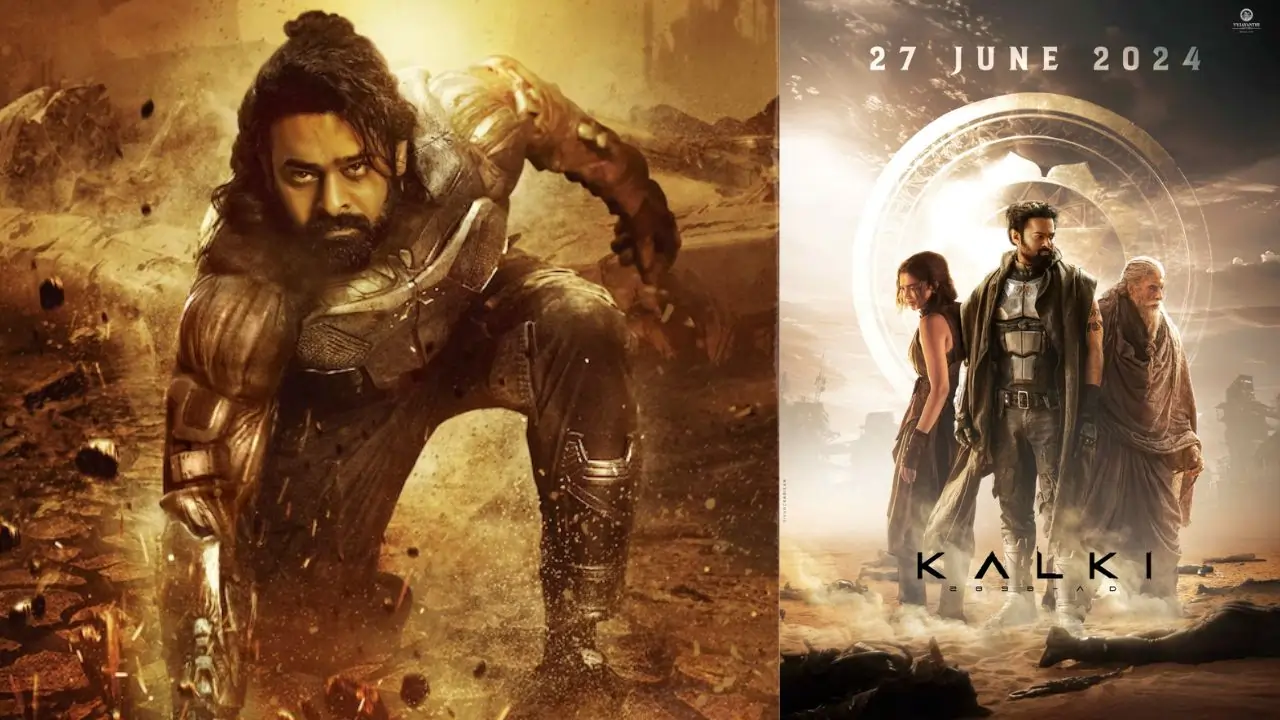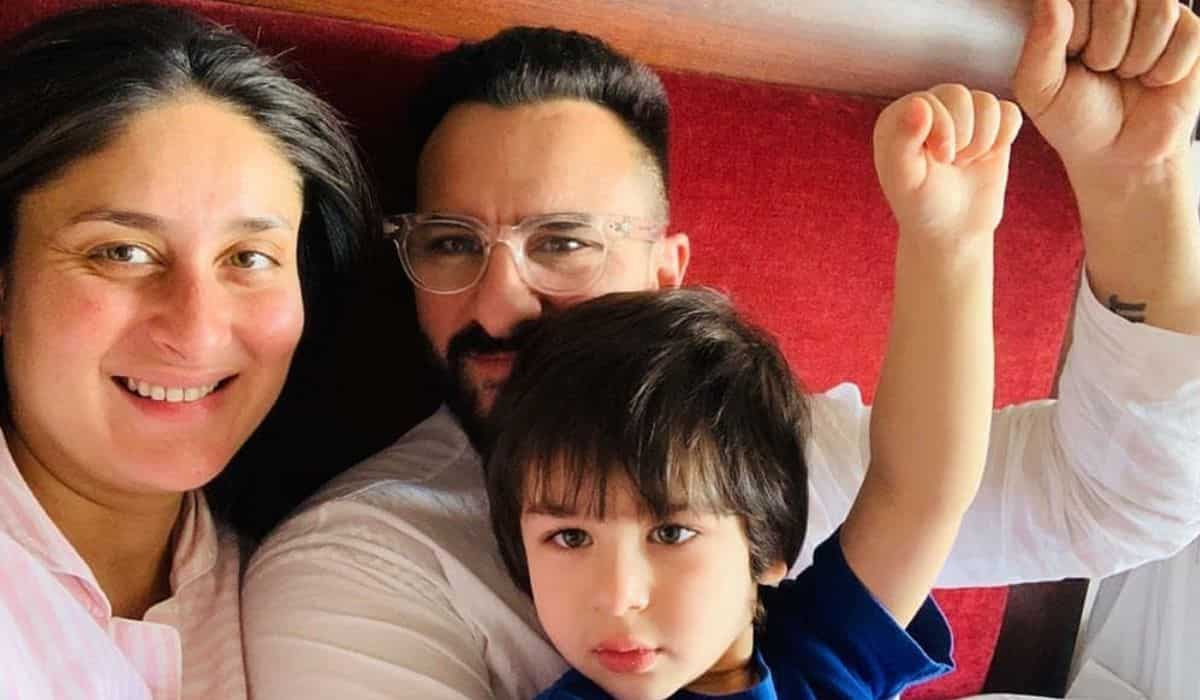
Kerala nurses' story breaks India's Palme d'Or jinx in Cannes
14 days ago | 5 Views
It took two nurses from Kerala to end a devastatingly long spell of absence from Palme d'Or contention for Indian cinema. Prabha and Anu, the central characters of Mumbai-born director Payal Kapadia's All We Imagine As Light, have helped India return to the prestigious competition section of the Cannes film festival, frequented for decades by masters like Satyajit Ray and Mrinal Sen.
The last Indian film to vie for the top prize in Cannes was Swaham (My Own), directed by Malayalam filmmaker Shaji N Karun, in 1994. Both Shaji and Kapadia are alumni of the Film and Television Institute of India (FTII), Pune. Two Malayalam actors – Kani Kusruti and Divya Prabha – play the lead roles of the nurses in All We Imagine As Light, a Hindi and Malayalam language production.

When Swaham was selected to the Cannes competition, sitting along with Karun on the high table of world cinema 30 years ago were cinema legends – Polish director Krzysztof Kieślowski (Three Colours: Red), Iranian director Abbas Kiarostami (Through the Olive Trees) and Chinese director Zhang Yimou (To Live). A newcomer from America called Quentin Tarantino walked away with the Palme d'Or that year for his debut film, Pulp Fiction.
This year at the Cannes festival, to be held during May 14-25, Kapadia will be joined in the Palme d'Or race by cinematic heavy weights like American director Francis Ford Coppola, Canadian director David Cronenberg, Chinese director Jia Zhangke, French director Jacques Audiard, Italian director Paolo Sorrentino and another American legend, Paul Schrader. Coppola and Audiard are former winners of the Cannes top prize.

The official selection to the competition section and other categories, including Un Certain Regard for new voices in world cinema that this year includes Indian-origin director Sandhya Suri's debut feature film, Santosh, was announced in Paris on April 11.
No Indian film has won the Palme d'Or so far, including Satyajit Ray's Pather Panchali in 1956, a miss still rued by the cinema world as a momentous error. Pather Panchali, part of the competition section, was instead bestowed the Best Human Document award in Cannes.
Among the firsts in the Indian film industry to congratulate Kapadia on creating history was Karun, who walked the red carpet 30 years ago wearing a traditional dhoti and shirt to present Swaham.

"Indian cinema should take Payal Kapadia's lead in the future," says Karun, who sees the young Mumbai-based director imbibing a higher standard of cinematic philosophy that gives her works a rare sense of aesthetics and visual language.
"Payal has the rare ability to recognise the disappearing light and sound in front her to make cinema enlightening," says Karun who, as head of jury at the 2020 Mumbai International Film Festival (MIFF), awarded the Most Innovative and Experimental Film prize to her short film, And What Is The Summer Saying. "Payal's gender interpretations in her works allow them to stand out in Indian cinema," adds Karun, who won a Camera d'Or Mention in Cannes for his debut film, Piravi, in 1989.
"There was a mistake in Payal's film submission to MIFF and we immediately ensured it was corrected and the award was presented because a work of art needs respect over an error on the paper," says Karun, who remembers lugging a heavy steel box containing the reels of Swaham with FTII batchmate Sukhwant Singh Dadha to the customs office in Santa Cruz, Mumbai in 1994.
And What is the Summer Saying, which premiered at the Berlin festival in 2018, went on to win the Special Jury Prize at the International Documentary Film Festival, Amsterdam, the top global event in the documentary genre.
Kapadia is no stranger to Cannes. In 2017, Kapadia's short film, Afternoon Clouds, became the first FTII student film to be selected by the Cannes festival for its film school competition, now called La Cinef. The point of departure for All We Imagine As Light, the story of two nurses from Kerala working at a Mumbai hospital, was the director's experience of living with her nonagenarian grandmother who required a nurse day and night for care, the subject of Afternoon Clouds.

At the height of coronavirus pandemic in 2020, Kapadia, daughter of famous artist Nalini Malani whose 2017 painting is also titled All We Imagine as Light, became the first Indian to be selected to the Cannes festival's Cinefondation Résidence programme for young directors from around the world working on their first or second feature films. Her virtual pitch was All We Imagine As Light.
Previous participants of Cannes Cinefondation Résidence programme included Lebanese actor-director Nadine Labaki, nominated for Best Foreign Language Film Oscar in 2019 for Capernaum, Hungarian László Nemes who won the 2016 Academy Award for Best Foreign Language Film for Son of Saul, and acclaimed Romanian director Corneliu Porumboiu.
All We Imagine As Light portrays the sensitive gender and cultural politics in the country in the story of two nurses – Prabha (Kani Kusruti) and Anu (Divya Prabha) – from Kerala who work in a nursing home in Mumbai. When Prabha receives an unexpected gift from her estranged husband, it throws her life into disarray. Anu, her younger roommate, meanwhile searches for a spot to be intimate with her boyfriend. Forced to take a day trip to a beach town, the two nurses leave behind the rules that have governed their lives so far.
In 2019, Kapadia's project received the Rotterdam International Film Festival's 9000-euro (approximately 800,000 rupees) Hubert Bals Bright Futures Fund for script and project development. Kapadia began writing All We Imagine As Light in 2017, but didn't develop it till late 2018 when she was invited to participate in the PJLF Three Rivers writing residency in Rome.
In 2021, Kapadia's A Night of Knowing Nothing, a film set in the backdrop of student protests in the country and part of the Directors' Fortnight parallel selection in Cannes, won the Golden Eye Award for Best Documentary beating tough competition from such filmmakers as American director Oliver Stone (JFK Revisited: Through the Looking Glass), British director Andrea Arnold's Cow, and American director Todd Haynes (The Velvet Underground). Andrea Arnold's new film, Bird, is a contender for the Palme d'Or, an award Indian cinema would be spurring Kapadia to bring home for the first time ever.

